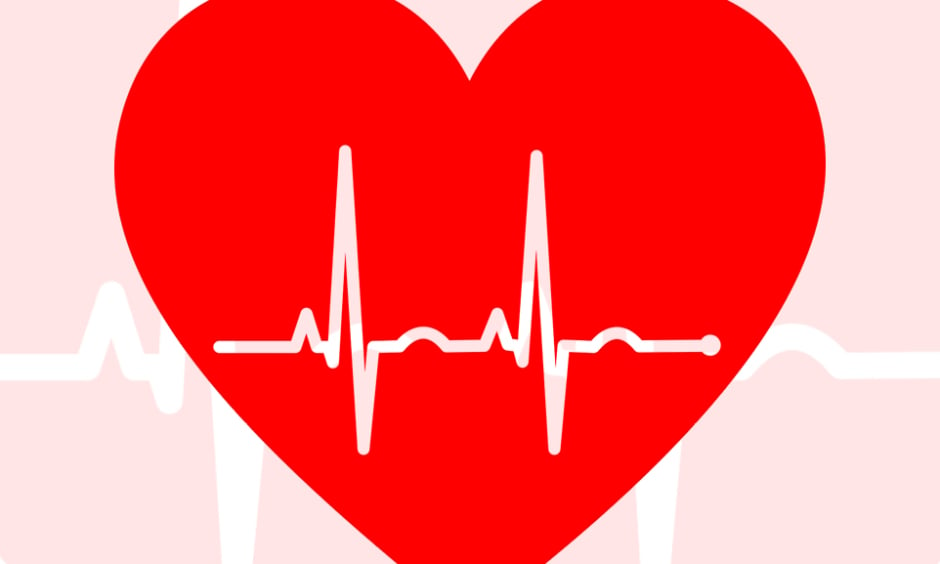HEART failure patients can fast without worsening their condition during Ramadan, according to results of a prospective observational study from Saudi Arabia. Although a small percentage of patients studied had worsening symptoms following the holy month, the results indicate that this was caused by non-adherence to medications and fluid and salt restrictions rather than the fasting itself.
Importance of the Study
The authors undertook the study due to the lack of evidence about the effects of abstaining from food, drink, and oral medications for long periods (typically 15–16 hours) during Ramadan. In 227 Muslim patients with chronic heart failure and a reduced ejection fraction of under 40% who fasted over this period, their adherence to fluid and salt restrictions, use of medication, and symptoms before, during, and after was analysed.
Results
The results showed there were improved symptoms or no changes in 209 patients (92%), while worsening of symptoms was noted in 18 patients (8%). The patients with worsening symptoms were found to have adhered to fluid and salt restrictions less frequently than patients with stable or improved symptoms (39% versus 79%) in addition to being less likely to adhere to medications (67% versus 94%). This lack of adherence is partially caused by factors associated with Ramadan, including increased socialising (more high salt food and fluid intake) and a fear of thirst from taking diuretics.
Advise to Patients and Doctors
The team therefore believe that Ramadan fasting can be safe for such patients but suggest ways in which doctors and patients can adapt their usual practices. “Ramadan fasting is safe for most patients with chronic heart failure and reduced ejection fraction,” stated author Dr Rami Abazid, Prince Sultan Cardiac Centre, Qassim, Saudi Arabia. “My advice to patients is to adhere to fluid and salt restrictions, and do not omit any doses of drugs. For drugs with two daily doses, take them with as wide a gap as possible during non-fasting hours. If feasible, we advise doctors to shift patients to drugs with a single daily dose that can be taken during non-fasting hours. This is possible for most heart failure medications.”
Further Study
Further research is needed to confirm these findings, particularly focussing on Muslim patients in colder climates.
James Coker, Reporter
For the source and further information about the study, click here.








